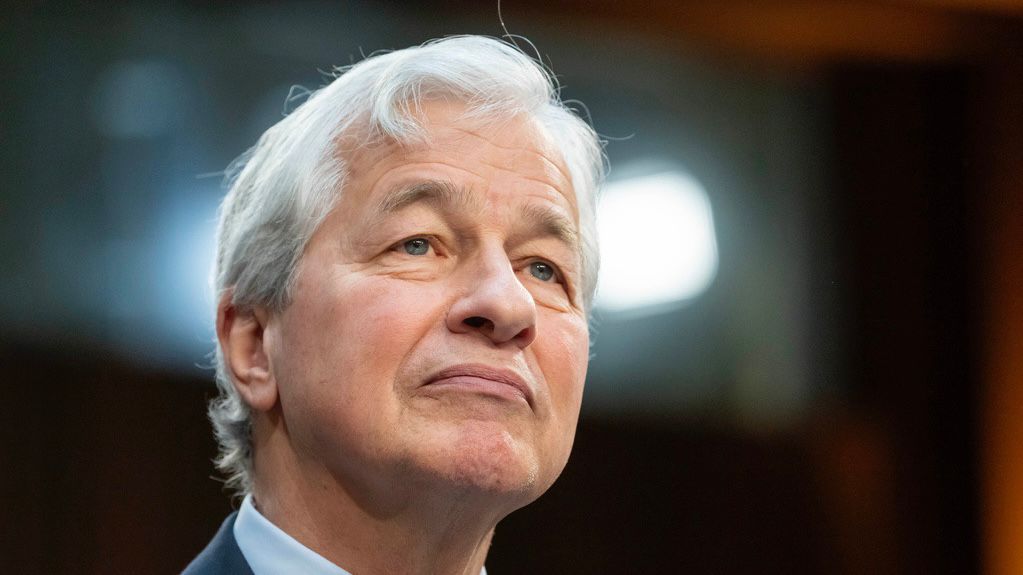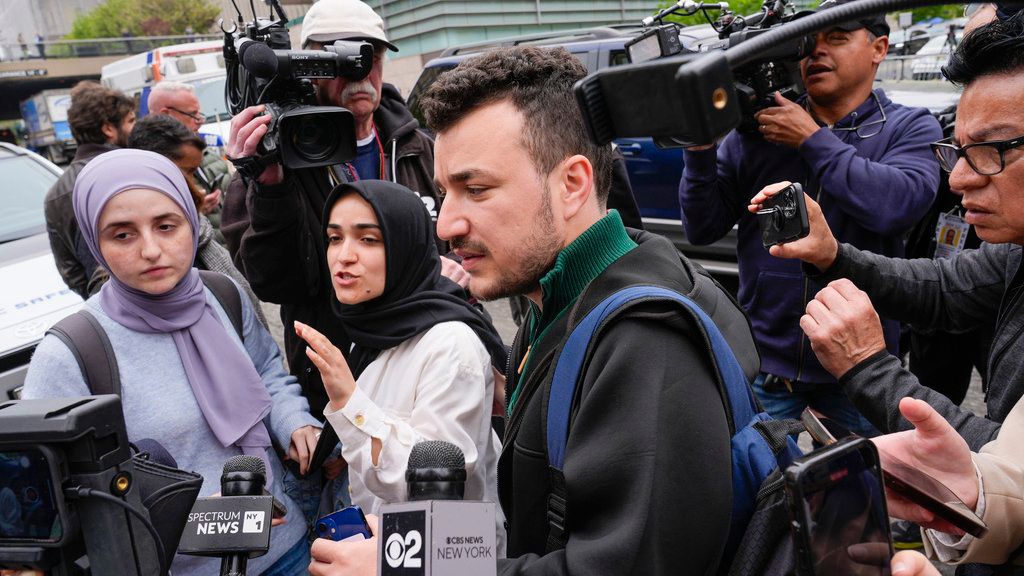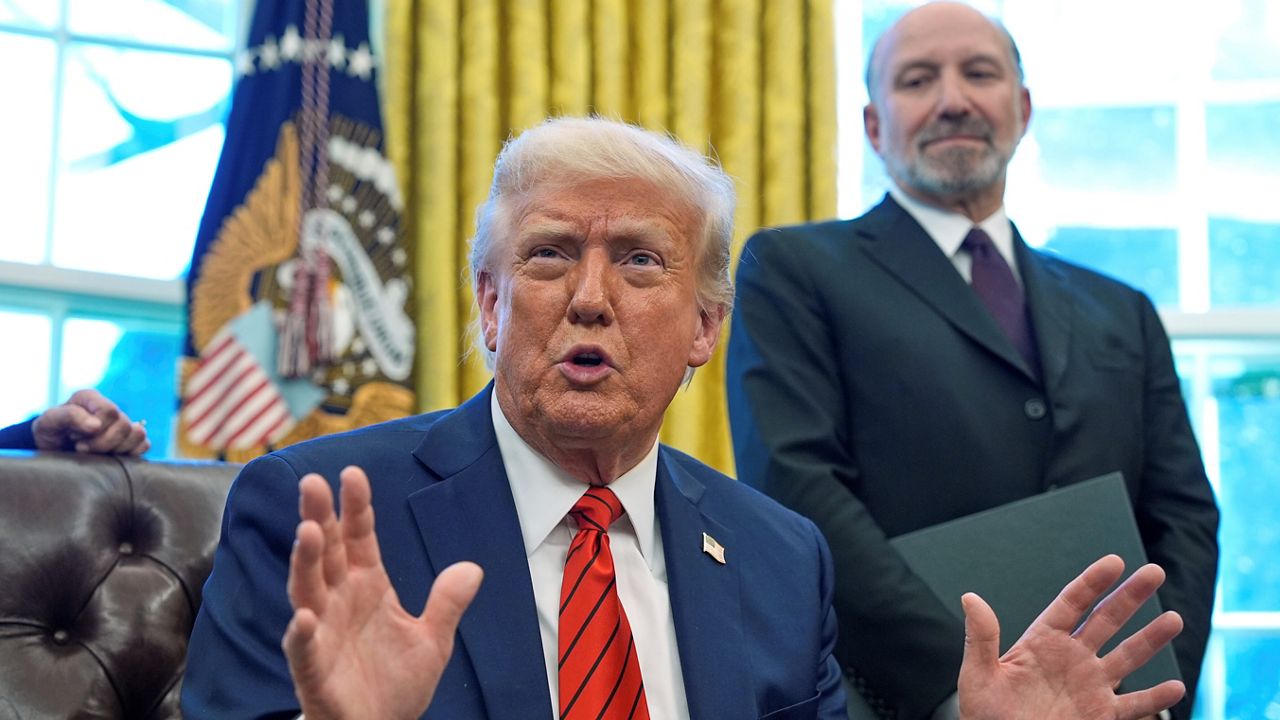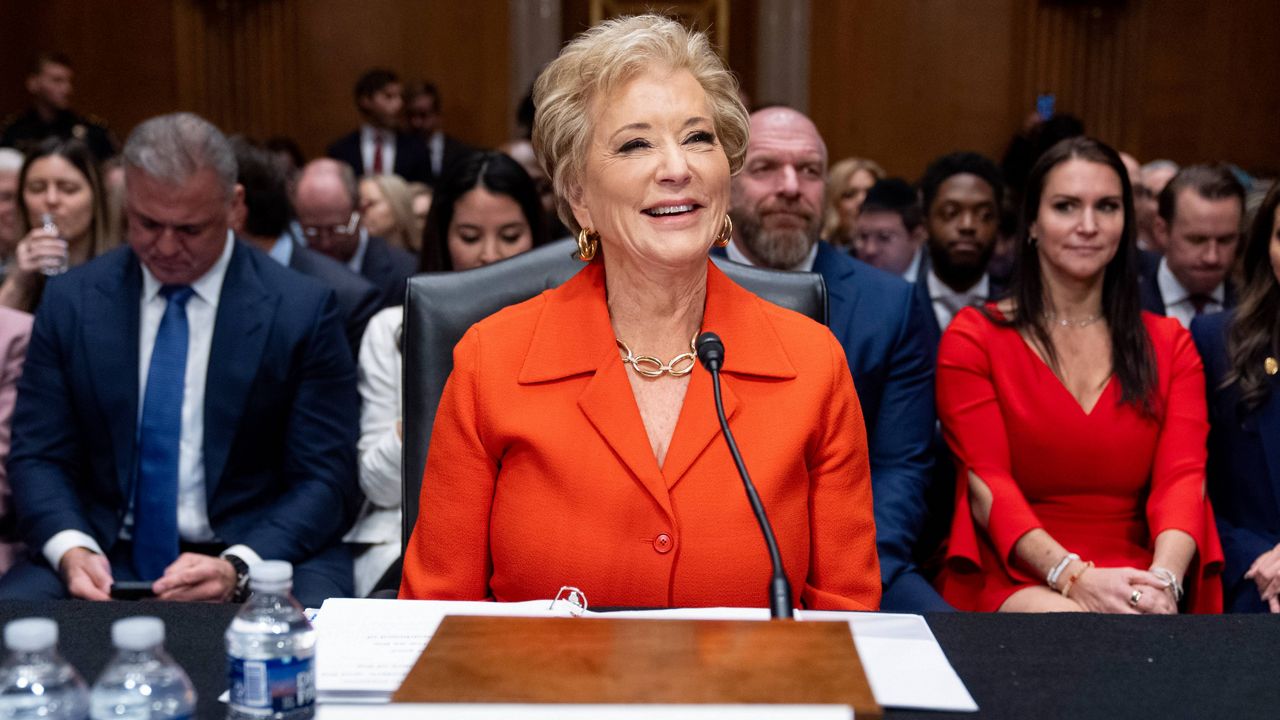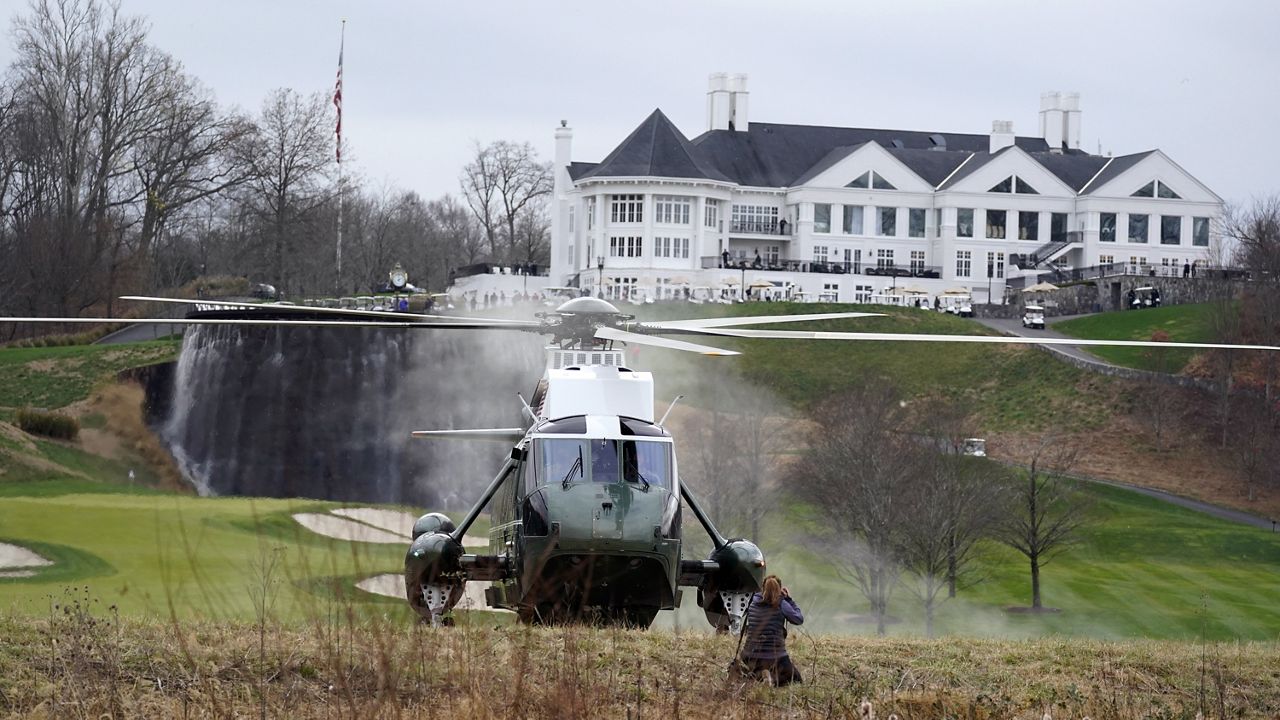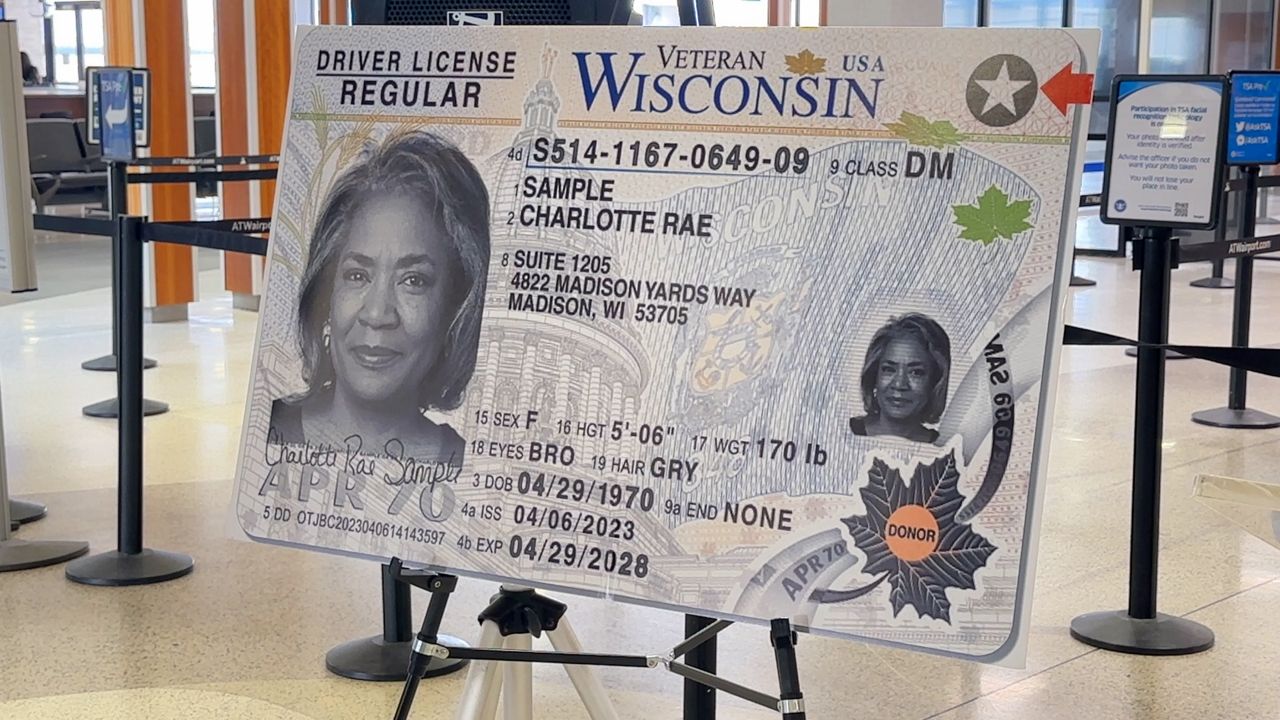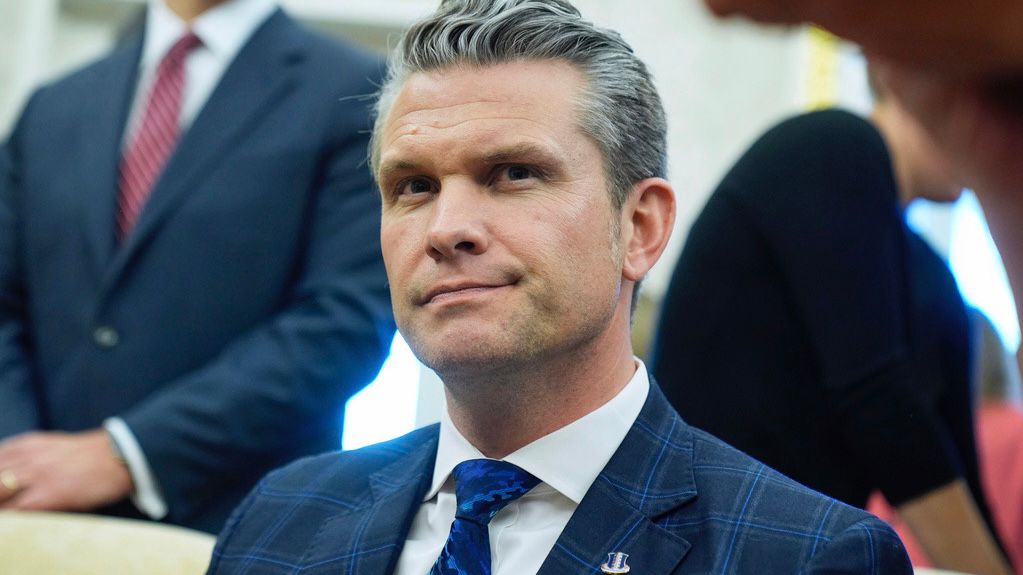NEW YORK — Hours after the latest wave of President Donald Trump's tariffs took effect — including a 104% tax on all Chinese imports — JPMorgan Chase CEO Jamie Dimon said a recession is "a likely outcome" of Trump's tariffs.
The U.S. has the strongest economy in the world, but the tariffs will cause inflation and slow down economic growth, Dimon wrote in a letter to shareholders this week.
“It’s totally reasonable to say we want to make trade better,” Dimon said Wednesday during an interview on Fox Business' “Mornings With Maria.”
“Let [Treasury Secretary] Scott Bessent negotiate,” Dimon said, especially with South Korea, Japan and Vietnam, all of which have reached out to President Donald Trump to make deals. “Get those things done quickly. If you want to calm down markets, show progress.”
Trade deals are complex and take time to negotiate, but the sooner the Trump administration can make deals, the better, he said.
“They should get at it," Dimon said.
Trump announced later Wednesday that he paused many of the tariffs for 90 days, with the exception of China.
Despite global stock markets plummeting since President Donald Trump announced reciprocal tariffs last week, Dimon said the current financial crisis is nothing like the Great Recession of 2008 or even the COVID-19 crisis in 2020 — the last time markets tumbled significantly.
Dimon said he is taking a calm view of the current market tumult, “but I think it could get worse if we don’t make some progress here.”
He said the tariffs are causing cumulative damage, including huge anger globally directed at the United States, and he encouraged the negotiations to preserve the post-World War II system of alliances and trade.
“China and Russia have made it clear they want to dismantle the post-World War II system, and I think the goal of all this trade stuff should be to make Europe and our trading partners — Japan, Korea, Philippines — stronger, not weaker,” Dimon said. “Bring them closer as we build up our military. Any trade that protects the military, we should definitely do.”
Saying national security is economic security, he added, “In 30 or 40 years, I don’t want to read the book about how the West was lost.”


